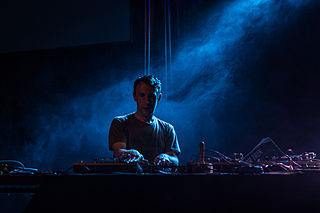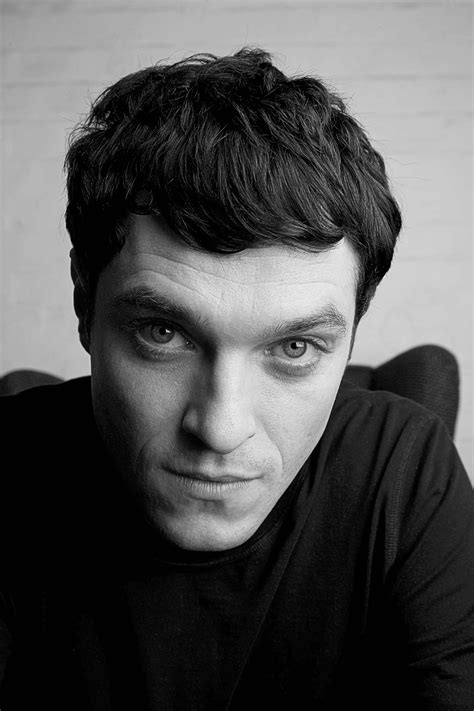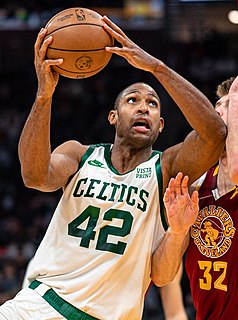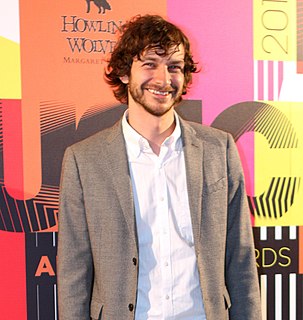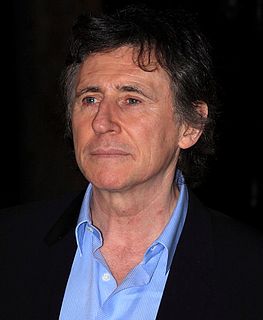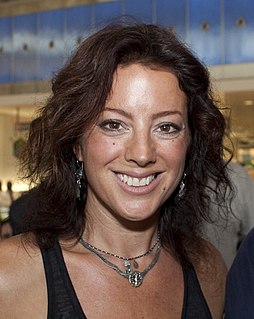A Quote by Danielle Dutton
Finding the form was really a very dynamic process. I went through a lot of shifting, trying to get it right. Because the writing took place over such a long time, it's hard for me to pinpoint when specific things happened, but basically the final version only materialized in the last two or so years. It was there, but it took me a while to see it and then to refine it after I'd seen it.
Related Quotes
I was like just writing and writing and then I kinda developed my sound. And then, my managers were like, "Okay, we're gonna try to get a deal." And then first it was Interscope, and then it was Atlantic. And then, I ended up signing with Atlantic, but it was like a long process, a really long... it was A LONG PROCESS. I feel like it took me two years to do it.
My introduction into making records was through a sampler, and that's what I did for a long time. And through doing that over a period of time and kind of coming out of it, I've realized that one of the reasons it works so well for me, one of the reasons psychologically I took to the process so well, was because I'm a problem-solver by nature. If you stick me in a void, I don't do so hot. As soon as there's one little thing to spark an idea, and then I have something to bounce off of - then I'm all right. But until I have that, like in that void, it's kind of hard.
Certainly, writing a book was challenging. It took me a long time to learn how to do it. It took me seven years to get a sense of how to wean myself off the process and trickery of songwriting. You realize that giant metaphors work in songs because you have so few words. Standing alone on a page, they threaten to be overblown in a hurry.
I remember the few times that happened to me in writing, where you basically start writing and you look at the clock and six hours have gone by and you're, like, "Whoa! What the hell just happened?" And that piece ends up in the final product even though the final product is three years away. It doesn't get rewritten. It came out the right way. But that's happened to me so few times in my life.
I have this desire to just while away weeks, months and years. It took me two years to make this record but that was with me trying to condense my process and not disappear down the rabbit hole with all the cool things I've collected. I could take 10 years and not explore everything I want to with these instruments.
'Bonfire' was kicking around for a very long time. It was an idea I wanted to explore for a television show. Then I was given this weird gift of time when 'Jessica Jones' finished season one. I got really organized and just kind of banged it out, but it took a long time. It took two years to even have a first draft.
So I grew up feeling that I wasn't good enough, and that no-one would love me unless I was perfect. But no-one's perfect, we're not meant to be perfect. We're meant to be complete. But it's hard to be complete if you're trying to be perfect, so you kind of become disembodied. And I spent a lot of my life that way.""And if you don't own your strength... Women like me tend to always look over their shoulder to see who... "Who's the leader? Who's the smart one?" Never thinking it might be ME. Took a long time for me to get over that.
I remember my parents yelling at each other and at me from an early age, and I remember a lot of things smashing. I try to look for the happy memories from the brief time my parents were married, and I can't really recall that. From the start things were messed up, and I just kept moving through the years and trying to pick out the little bits of evidence that would help me prove to myself that it wasn't my doing. But it took finding out somebody really does love me, who's not my parents or a relative, to really know that I was loveable.


